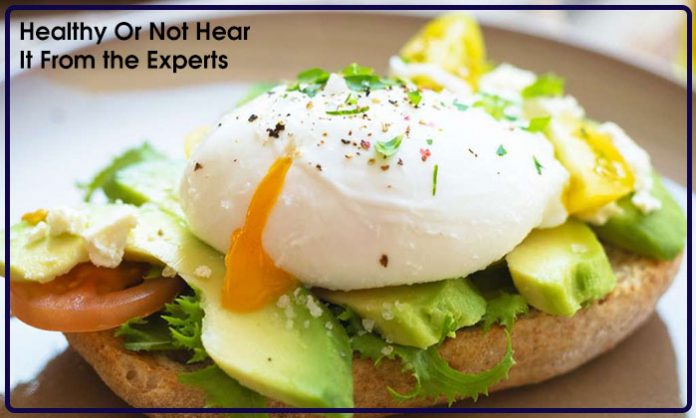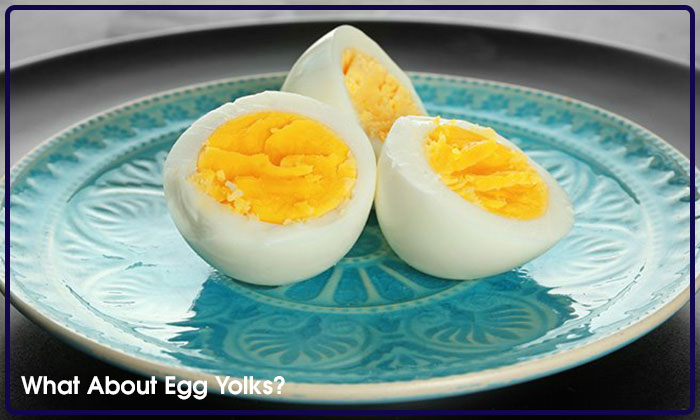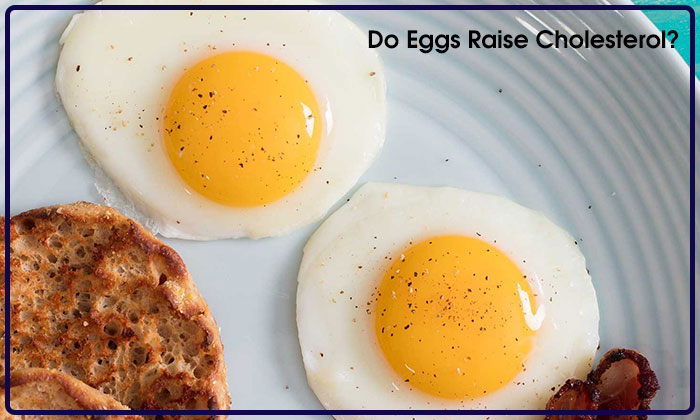
Eggs have their way in menus of all sorts making them irresistible. But these modest eggs come with many questions- Do they raise your cholesterol? Should you eat omelet or order the yolks for yourself? And are organic eggs more nutritious? Whether or not you eat them everyday, there’s a lot to learn about how you can include them in your healthy diet
Is Egg an Healthy Option?
Eggs are laden with vitamins and protein and this makes them healthy. Expert dietitian Brigitte Zeitlin says that eggs are really very healthy containing 13 minerals and essential vitamins. They are also a rich source of high quality protein which can be used by the body for building strong and healthy muscles. As per nutrition database of USDA [1], a large egg contains approximately 6 gms of protein and 72 calories. So it is a lot of nutrition in a small package. Eggs also have biotin that converts food into usable energy, vitamin A which is key for immune functions, choline- a micronutrient responsible for metabolic functions, zeaxanthin which is an anti oxidant that provides protection from free radicals. Eggs have vitamin D naturally and that keeps your bones strong
What About Egg Yolks?
A great bone of contention is whether egg yolks are good for you or bad. Yolks do not have a positive reputation as they have cholesterol which damages the health. A large egg has 186 mg cholesterol, the per day recommended levels of cholesterol is less than 300 mg. Maciel says that eggs increase your chances of having heart disease since the cholesterol levels are too high. But recent research has revealed that dietary cholesterol may not considerably affect blood cholesterol levels. Yolk also has many nutrients like vitamins, folate, iron, zeaxanth and lutein. Of course the yolk has less protein than egg whites but it has many healthy nutrients like antioxidants, fatty acids, fat soluble vitamins.

Does It Mean That I Should Eat Egg Whites?
Egg white foods like omelet, waffles and cookies were once thought to be healthy. But egg-white only have so much to them- some B vitamins and proteins. So it is advised by nutritionist that you should have the whole egg. The taste element will also be more if you include the yolk. And when you do not include yolk, you miss out on half the protein amount in the egg. You are also losing out on essential minerals and vitamins like A, E, D, antioxidants and choline.
Do Eggs Raise Cholesterol?
2015 Dietary Guidelines have made it clear that dietary cholesterol does not present concerns when it is about increasing the blood cholesterol. Zeitlin further added that risk factors that can lead to heart disease are lack of exercise, genetics, lifestyle habits like drinking and smoking. Recent research has revealed that people who had at least one egg a day had lesser chances of getting stroke and heart disease since eggs have high content of good “HDL” cholesterol which fights buildup of fats in the blood vessels. American Journal of Clinical Nutrition [2] published a study according to which eating one egg a day is not problematic for people who had more risk of cholesterol and heart problems.

Are Organic Eggs The Next Best Alternative?
There are enough reasons to consider organic eggs. Also research backs the fact the organic farming practices are better for the environment. Moreover free range, cage free organic eggs are better for animal welfare as against conventional eggs. When you buy organic, you cut down the risk of consuming chemicals, heavy metals and antibiotics. But if you want to protect yourself from illnesses arising due to food, buying organic would not do any good for you as they do not guarantee that the eggs would be safe. Zeitlin says that the chances of eggs being contaminated with Salmonella does not have anything to do with whether the eggs are organic or not. If you want to avoid food poisoning cook eggs at a temperature of 160 degree Fahrenheit or more and follow basic food safety practices.
How Can Eggs Be Prepared in The Healthiest Way Possible?
Maciel says that cooking eggs is good for you. It is not only because it reduces the chances of food poisoning but also cooking makes the protein more digestible and improves biotin’s bioavailability. There are many good choices when you need the most nutrition from the eggs. You can have it hard boiled, scrambled, soft boiled, poached or omelet. You just need to have the whole egg to get all the nutrition from them. You can make eggs more nutritiousby combining them with vegetables. When you include veggies with omelets, you get a rich source of protein. You can pair eggs with source of fiber like veggies, whole grains and fruit. This will keep hunger pangs at bay for extended time period. For example if you are having hard boiled egg for snack, include some grapes for fiber.




